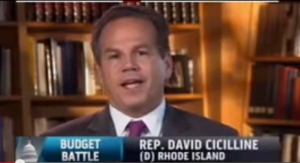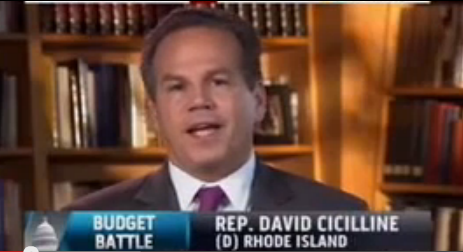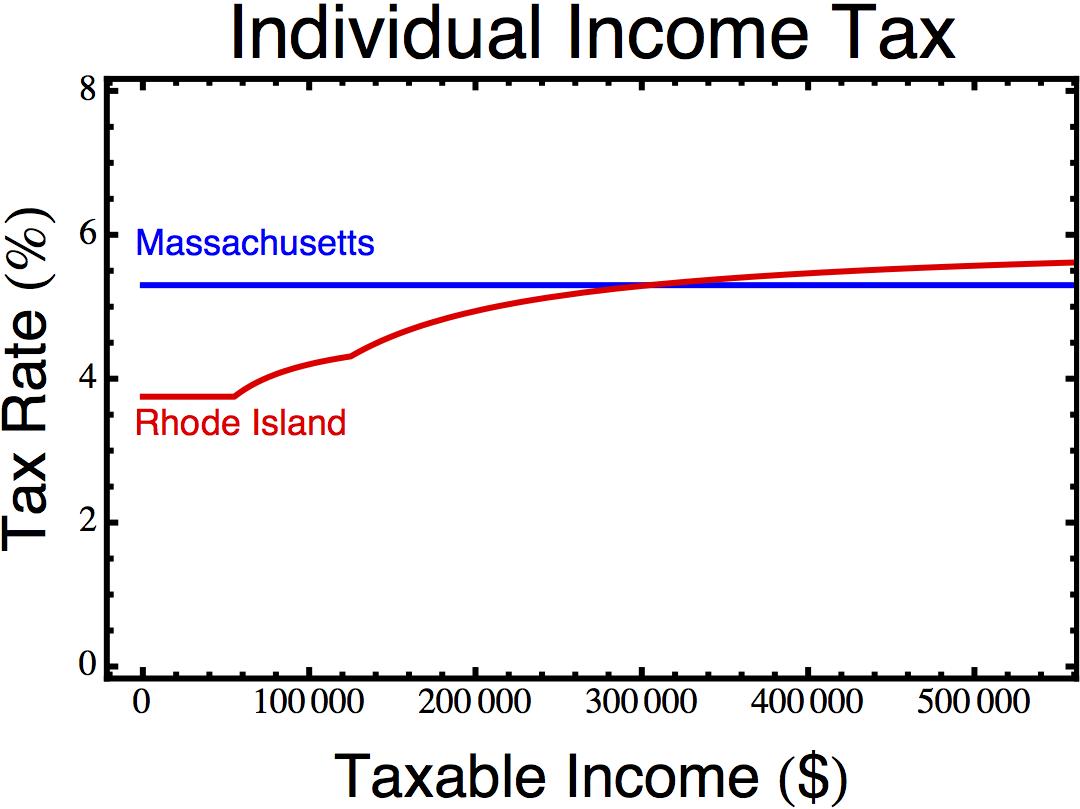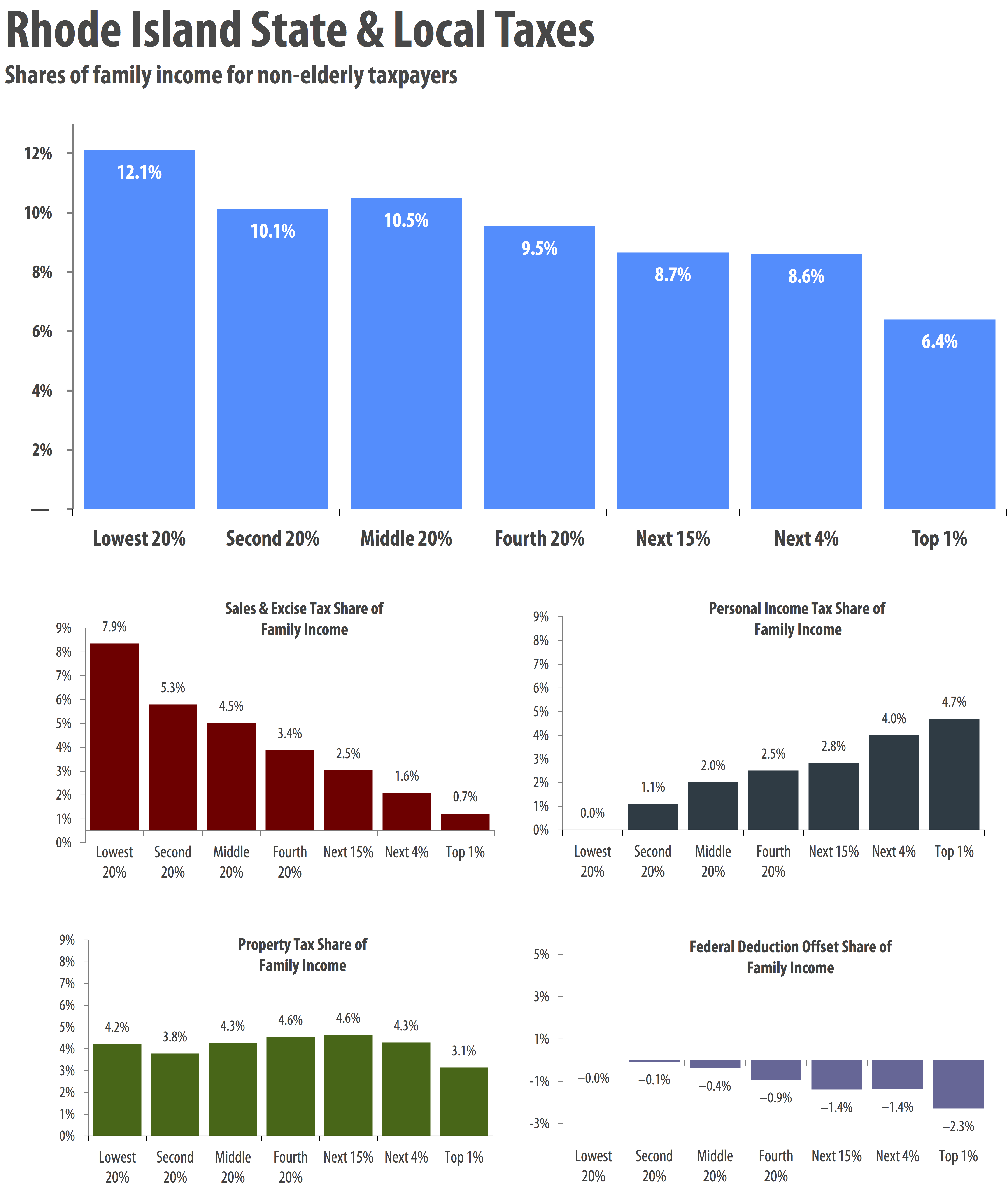 More than two weeks into the federal government shutdown, the American people have every right to be mad as hell at Congress.
More than two weeks into the federal government shutdown, the American people have every right to be mad as hell at Congress.
When it works the way our Founders designed it, the American model of government is the envy of the world. But right now we are at a standstill because Republicans and Democrats have failed to cooperate in order to get things done for our country.
The cause of the current dysfunction in Washington is some combination of the disproportionate power of a small group of ideological intransigents called the tea party, a broken campaign finance system made worse by Citizens United and the influence of corporate and anonymous spending in our elections, gerrymandered congressional districts that undermine any chance of bi-partisanship, and the unwillingness to confront, in a serious way, our nation’s debt.
As a result, Head Start, the Small Business Administration, and the Veterans Administration have been forced to suspend some or all of their operations. Hundreds of thousands of government workers have been told to stay home – they don’t know when they’re going to get their next paycheck. And while Washington politicians are using this crisis to score political points, the federal government shutdown is hurting families in cities and towns across Rhode Island and all over the United States.
Even as both sides have traded political barbs in recent days and argued forcefully on the cause of the government shutdown, we have yet to hear a clear path forward out of this mess that would be acceptable to both Democrats and Republicans and advances our nation’s interests.
According to the Congressional Budget Office, mandatory spending for programs like Social Security, Medicare, and Medicaid is expected to increase $1.6 trillion over the coming decade. Anyone who is serious about protecting these programs and the benefits they provide America’s seniors, our veterans, and the disabled, can recognize that even as we preserve existing benefits, we need to make changes to the way these programs are funded in order to ensure they continue to provide for future generations as well.
And there is no question that our nation faces serious fiscal challenges across the board that demand innovative solutions from policymakers. Unfortunately, neither side has articulated a way to move beyond this current crisis in a way that enhances our long-term stability and honors our values as a nation.
The American people don’t care who is to blame for this current crisis. They are sick of hearing members of both parties sling mud and try to capitalize politically on each new crisis of the month. Instead, they want their elected officials to provide a path forward that outlines a way to get our country back on the right track and stops the current pattern of lurching from crisis to crisis without a long-term vision for our nation’s success.
That’s why Congress should immediately end this crisis by passing a clean continuing resolution to fund the entire government and raise the debt ceiling, both for a period of 90 days and then commit to an expedited negotiation process so that we can thoughtfully develop a commonsense, long-term strategy for growing jobs, responsibly reducing our deficit, investing in educational opportunities, and strengthening the guarantees of Social Security, Medicare, and Medicaid.
Our leaders, on both sides of the aisle, should agree to travel to a place like Camp David or Independence Hall in Philadelphia, in a summit-like setting, and remain there until they hammer out a reasonable compromise — a good reminder of the greatness of our country and the genius of our founders.
And while these goals may seem difficult in today’s political climate, they are certainly not without precedent. Franklin Delano Roosevelt, whose legacy endures with modern-day progressives, clashed often with Congressional Republicans who opposed his agenda, but when he asked for a vote on the Social Security Act, Republicans in the House voted 77-18 in favor of his historic proposal.
Ronald Reagan, who is still revered as an icon by conservatives today, worked regularly with Speaker of the House Tip O’Neill to get work done on taxes, Social Security, and infrastructure investments. There is no reason that Republicans and Democrats today should not be able to work in a similar way to find common ground and develop a long-term strategy that creates jobs, strengthens our economic outlook, and cuts the deficit in a responsible way that honors our values as a nation.
After more than a week of an unnecessary federal government shutdown, it’s time for both parties to focus again on making good public policy decisions for the hardworking Americans who sent us to Washington.












